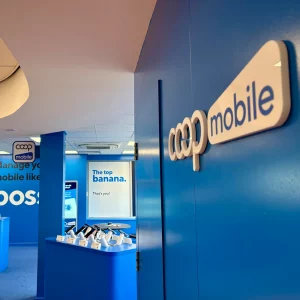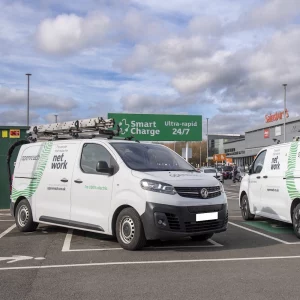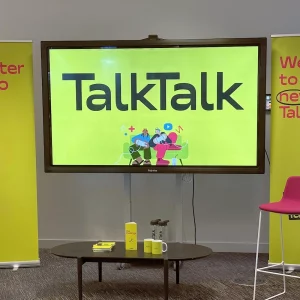Sponsored Links
760000 UK Households Could Lose Digital TV Due to Superfast Mobile Broadband
Posted: 02nd Jun, 2011 By: MarkJ

 Ofcom has today warned that the new generation of 4G superfast Mobile Broadband services, specifically those that will make use of the newly released 800MHz (790-862MHz) radio spectrum band, are likely to cause interference for 3% of UK homes that watch Digital Terrestrial Television (DTT) services.
Ofcom has today warned that the new generation of 4G superfast Mobile Broadband services, specifically those that will make use of the newly released 800MHz (790-862MHz) radio spectrum band, are likely to cause interference for 3% of UK homes that watch Digital Terrestrial Television (DTT) services.The 800MHz band of radio spectrum is currently being used for old analogue television (TV) services, although the switchover to digital TV allows this to be freed up (Digital Dividend) for use by Mobile Broadband instead. This process is not expected to be fully completed until the end of 2013.
However the 800MHz band will still sit directly adjacent to the frequencies used for digital TV broadcasting, which is a problem because existing DTT receivers and aerials were designed to receive signals across UHF Bands IV and V (470-862 MHz), including the whole of the 800MHz band.
Ofcom Statement on 800MHz DTT Interference
This means that, in addition to receiving the wanted DTT signal, they may also pick up unwanted signals from new mobile base stations that could result in interference and degraded DTT reception.
Our modelling shows that, absent any mitigation, up to 760,000 households could potentially be affected by this interference problem, although we believe there are ways of reducing this number substantially.
This means that, in addition to receiving the wanted DTT signal, they may also pick up unwanted signals from new mobile base stations that could result in interference and degraded DTT reception.
Our modelling shows that, absent any mitigation, up to 760,000 households could potentially be affected by this interference problem, although we believe there are ways of reducing this number substantially.
It goes without saying that any homes located in close proximity to a base station in the 800MHz band could expect to be "affected by overload". Ofcom has launched a new consultation that proposes a series of potential solutions, such as filters for DTT consumer equipment and or mobile base stations, aerial adjustments, platform changes and mobile base station power reductions.
Ofcom warns that some situations could be too difficult or costly to fix and suggests that it may be "preferable to maintain the consumers’ access to TV while accepting the loss of the DTT service". In other words, you'd (about 30,000 homes) have to fork out for a satellite or cable service.
The consultation, which is open until 11th August 2011, proposes to setup an implementation body - funded by the new 800Mhz licensees (mobile operators) - to handle the delivery of its solutions. The situation itself was brought to light after CRFS raised similar concerns in October 2010 (here).
Separately the regulator has also published a consultation setting out proposals for technical licence conditions for the award of 800MHz and 2.6GHz spectrum.
Ofcom Consultations
* Coexistence of new services in the 800 MHz band with digital terrestrial television
* Consultation and information on technical licence conditions for 800 MHz and 2.6 GHz spectrum and related matters
Search ISP News
Search ISP Listings
Search ISP Reviews
Latest UK ISP News








Cheap BIG ISPs for 100Mbps+
150,000+ Customers | View More ISPs
Cheapest ISPs for 100Mbps+
Modest Availability | View More ISPs
Latest UK ISP News
Helpful ISP Guides and Tips
Sponsored Links
The Top 15 Category Tags
- FTTP (6927)
- BT (3924)
- Politics (3126)
- Business (2830)
- Openreach (2708)
- Building Digital UK (2540)
- Mobile Broadband (2535)
- Statistics (2165)
- FTTC (2155)
- 4G (2137)
- Virgin Media (2073)
- Ofcom Regulation (1804)
- 5G (1791)
- Fibre Optic (1619)
- Wireless Internet (1615)
Sponsored
Copyright © 1999 to Present - ISPreview.co.uk - All Rights Reserved - Terms , Privacy and Cookie Policy , Links , Website Rules






























